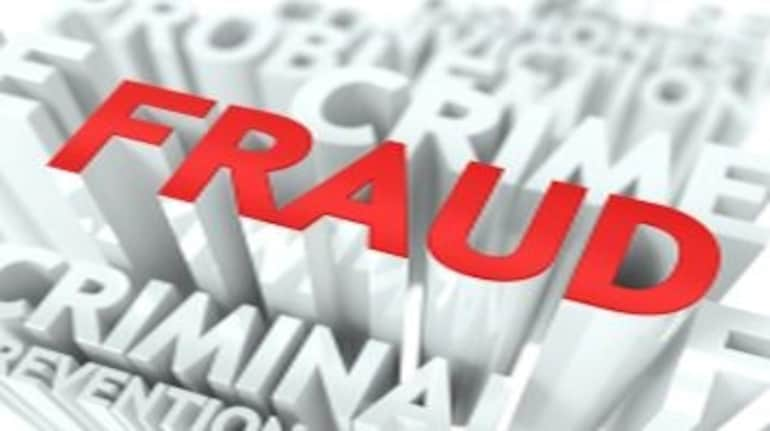



Adhil ShettyBankBazaar.comAs per the latest figures revealed by the Reserve Bank of India, bank fraud cases in India are on the rise. In the last one year, bank frauds have almost doubled. These frauds spread over a wide array of fake activities ranging from cheque fraud to acquiring bogus loans and credit cards.The states of Maharashtra and West Bengal are the top two states accounting for more than 50 per cent of bank frauds in the country. While such fraudulent bank activities are on the rise, RBI is able to close only a limited 30 per cent of such cases every year. Among the different types of banks operating in the country, public sector banks have been the ones to be worst hit when it comes to banking fraud. Already a whopping Rs.2,310 crore has been lost by the Punjab National Bank which leads the pack when it comes to frauds above Rs.1 lakh. Central Bank of India and State Bank of India follow close. Private banks in India account for 40 per cent of all fraudulent cases. Data reveals that public sector banks are better at handling fraud than banks in the private sector.Prevention of cheque fraudKolkata leads the board with the maximum number of cheque forgery instances in the country. A number of new methods and techniques are being employed to forge cheques which have left banks stumped at how fraudsters are constantly maneuvering established security measures. In many cases, forged cheques have passed the highly secure fugitive ink test as well creating a need for more advanced methods of identifying spurious cheques.Reserve Bank of India has come up with a set of guidelines for banks to ensure preventive measures to lower cheque frauds. One measure aims to employ mobile technology in the form of SMS alerts to be sent out as soon as a cheque is received for clearing. Another step to scrutinize large value cheques is to alert customers via phone calls and obtain confirmations from the drawer/payer of the cheque. RBI stated that banks should exercise extra caution while clearing cheques that are above a certain threshold value. Also, higher-value cheques above, say Rs.5 lakh, should be scrutinized at multiple levels in order to capture frauds early and nip them in the bud. RBI is of the view that the increasing number of cheque frauds can be avoided if due diligence is exercised at the time of cheque processing. Contacting the base branch before processing a high value cheque would serve to facilitate this purpose.In more peculiar cases, fraudsters have been successful at furnishing and encashing cheques while the original cheque was still in possession of the customer. This was done by obtaining and using details of the customer obtained through fraudulent means. Such instances call for precautionary measures to ensure no leakage of personal information happens either at the bank level or at any third-party level (courier, printer).Online payments vs. chequesWhile banks are growing increasingly vigilant about cheque security, there are steps customers too can take to prevent cheque fraud. One of the most effective way is to make use of online banking channels for payments, money transfers or availing various banking products. As a viable alternative to cheques, online banking allows for easier, quicker and more secure modes of transacting. This includes credit card bill payments, opening fixed deposits, buying insurance, making money transfers and a host of other paperless transactions that can be tracked by both the customer and the bank electronically.
Discover the latest Business News, Sensex, and Nifty updates. Obtain Personal Finance insights, tax queries, and expert opinions on Moneycontrol or download the Moneycontrol App to stay updated!
Find the best of Al News in one place, specially curated for you every weekend.
Stay on top of the latest tech trends and biggest startup news.